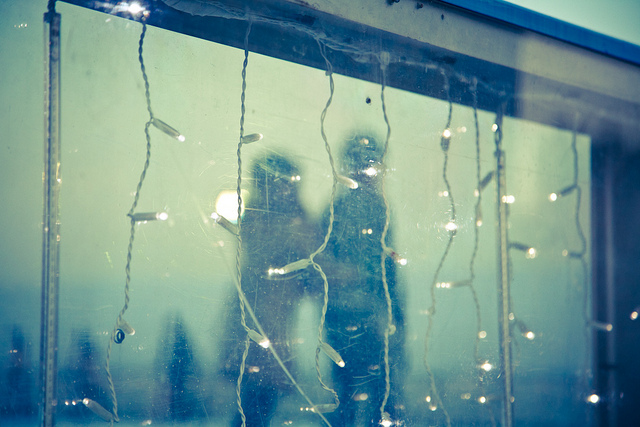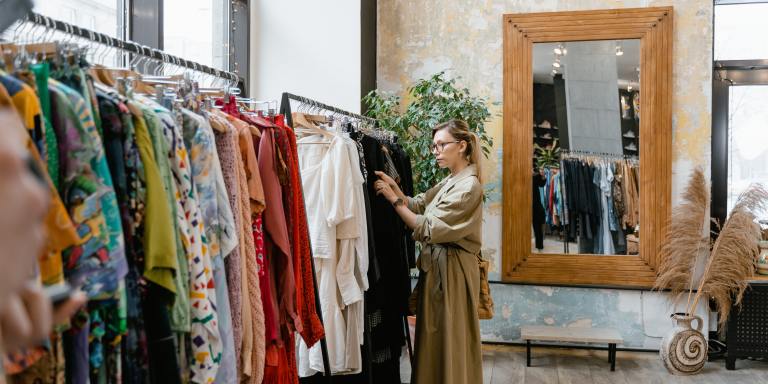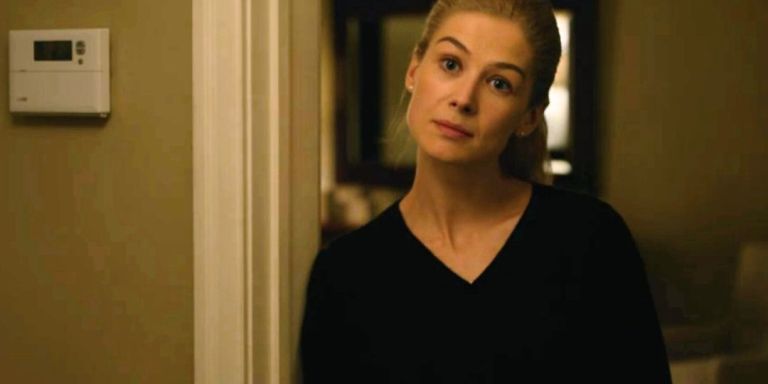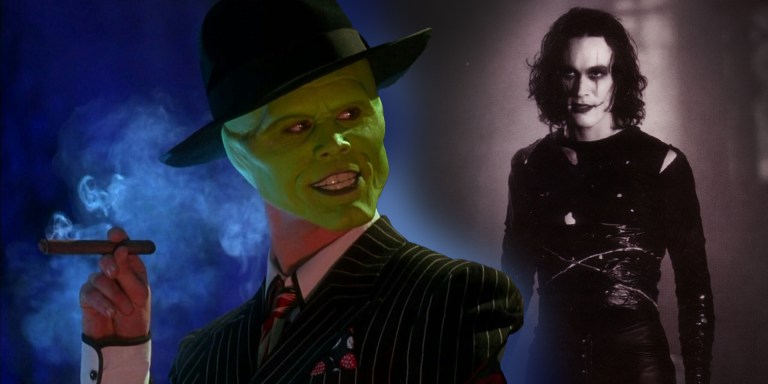
We all like to think of ourselves as these great, big hearts full of infinite compassion and care, these endless fountains of love that are able to give and give and take little in return for our affection. In some relationships, this is true, and no matter how bad things get, you can be secure in the idea that your heart gave its all and you were in it 110% and all the unreal statistics that sports players cite to symbolize endurance. You are the Flo Jo of love, the Michael Phelps of giving it, the Usain Bolt of being there. Even if they never love you back, you were in it to win it. You brought it. Like W.H. Auden wrote, you were the more loving one, and you can be proud of your noble soul. No matter where you are or what you do, you’ll always have that.
But that’s not always the case. When you’re not the more loving one, when you’re the one who loves less, you are constantly bruised by the affection you cannot match, by the person who rests next to you in bed, so Zen and serene in their love for you, the one you’d never dare tell about the affection imbalance in your relationship. Because it’s not necessarily that you don’t love them or are unhappy: you just don’t love them like they love you, and there aren’t a lot of love songs for that. It’s not love and it’s not not love. It’s somewhere in between, like affection limbo, and you find yourself saying things like, “I love… being around you!” and “I love… spending time with you!” rather than a plain “I love you.”
I’ve been there. We all have. This is what happens. Maybe you used to love them or you just don’t yet, even though you want to, even though you’re trying. Some people call that commitment phobia or being selfish, but you’re not afraid of commitment. In fact, it’s exactly the opposite. You long for the idea of spending your life with someone, finding that one person you can give yourself to and someone you can grow old with. You can’t wait to be old with someone. You aren’t afraid, you’re just careful about who you give your heart away to and what words like “I love you” and “Forever” mean. You want to mean them when you say them, and you’ve known too many people who throw those words around carelessly. So, you are guarded about who you love and give your words away to.
And when someone says “I love you” and you can’t say it back right away, you feel like a serial killer or like Janet Snakehole, a “very rich widow with a terrible secret.” It makes you hyper-aware of the imbalance in your relationship and you’ll do anything to keep other people from finding out about it…even murder. (Just kidding. But seriously.) You know it doesn’t make you a bad person, technically, but you know this isn’t how you wanted to live. One day, you’ll feel so guilty that you’ll find a friend to confide in (maybe not your best friend, because you weirdly couldn’t tell them) so you pick another friend, one that doesn’t know your partner or any of their friends. Perhaps a work colleague or an unsuspecting seatmate on the bus.
The conversation always goes like this. They’ll advise you to break up with them. “If it’s that bad, get out!” But the thing is: it’s not bad. It’s probably perfectly normal, and you imagine a lot of people feel the same way you do, even people who have stayed together for thirty years and appear to be the perfect couple. Things are good, sometimes they’re great, but you just can’t give what they’re asking you to — maybe someday, but not yet. And does that make them worth breaking up with? In the abstract, you feel like yes. But you think about the life you have together, the friends you share, the dinner party you hosted last week, the moment in bed when they wrapped their whole body around you and you knew, at least in that moment, everything was okay. Is this love? You don’t know.
And you stay because you can’t imagine dividing your friends up, not being able to call them at the end of the day or giving their sweater back, not having that piece of them hanging in your closet all the time. You stay because even though you like how you love, know you love this way for a reason and there’s nothing objectively wrong with your emotional process, you want to be able to love like they do. You don’t want to be the one who loves more: you want to be the one who loves equally, the one who knows how to both give and take, the one who can be in a relationship that’s reciprocated equally.
You can feel bad about this, and in certain cases, you should. It’s easy to unintentionally take advantage of a person who loves you, someone who looks into your eyes with undying devotion. It’s easy to be the kind of person that Alanis Morissette warned us about. However, you can also learn to give into how you feel and trust your emotional process, knowing that it’s okay to feel however you feel. You aren’t a monster for being true to your emotions and not lying to yourself. You can use this honesty as an invitation to start letting go and not put so much pressure to feel any certain way about someone. Love doesn’t happen all at once; love grows inside of you; love is built through trust, communication and respect and that takes time and openness.
If you want to be the one who loves, you need to stop focusing so much on the end goal and enjoy where you are at now, and if you can’t, that’s when you get out. Because you might wake up one day and discover that the life you have now — that life of shared dishes and Christmas stockings with their name on it — is love. You might not be able to call it that yet, but it’s there waiting for you — whenever you’re ready for it. 





